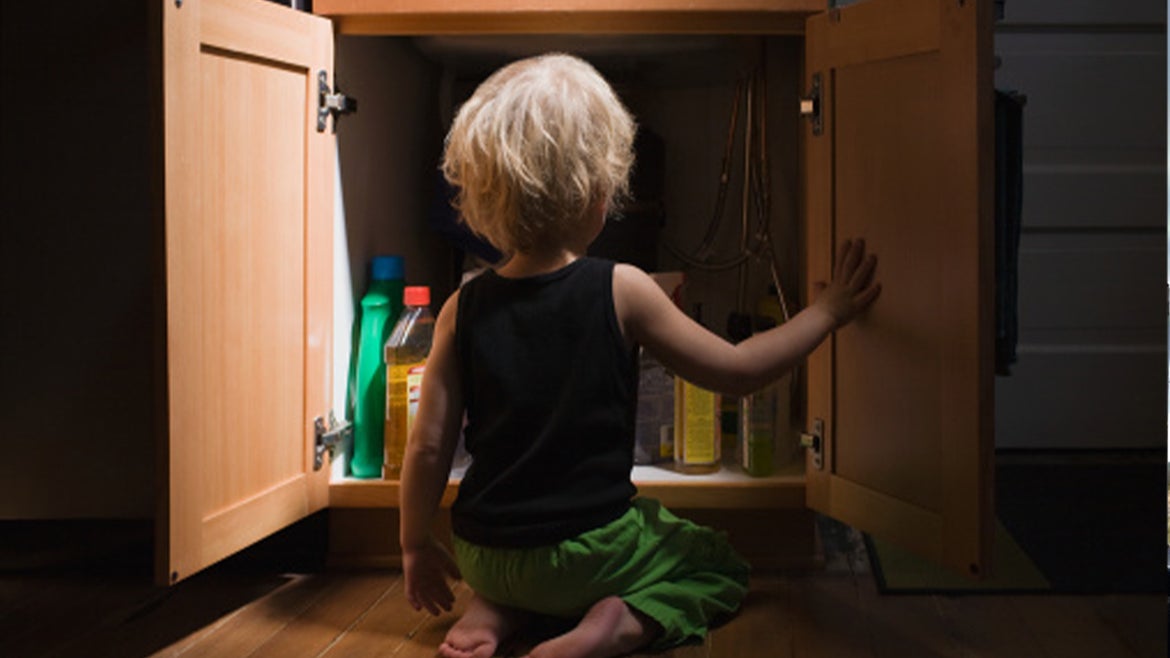"The COVID-19 pandemic has led families to spend more time indoors. This increases the risk of unintentional poisonings that could result in injury or death, especially for children," the CPSC stated.
There has been a surge in accidental poisonings among young children from items that are found inside the home such as bleach, coin-sized batteries, and narcotics since the beginning of the COVID-19 pandemic, according to a report released by the Consumer Product Safety Commission (CPSC) last week.
During the first nine months of the pandemic, from March 2020 to December 2020, there was a 72% increase in serious injuries related to cleaning agents, and a 62% increase in battery-related injuries in children between the ages of 5 to 9, the agency said.
"The COVID-19 pandemic has led families to spend more time indoors. This increases the risk of unintentional poisonings that could result in injury or death, especially for children," the CPSC stated.
On average, 31 children under the age of five die in the U.S. each year of unintentional poisonings from consumer products found in the home. In 1972 alone, 216 children died. That figure has fallen 80%, according to CPSC.
The year with the lowest number has been 2018, with only 17 death. In 2019, that number doubled to 34 in 2019 and increased by 26% to 43 deaths in 2020, the agency said.
Nearly half of those deaths were attributed to narcotics, such as opioids, according to CPSC’s 2022 Annual Report.
According to the report, poison can come in various forms from medicines, household chemicals to coin-size batteries and liquid nicotine.
In 2020, the top five items that were accidentally swallowed by young children were blood pressure medications, acetaminophen, antidepressants, dietary supplements, and bleach.
The report also broke down race and ethnicity. On average, Black children suffer a higher rate of unintentional pediatric poisonings, 19.8% compared to their percentage of the U.S. population of 13.4%, the agency said.
And, Hispanic children have a slightly higher rate of pediatric poisonings, 19.1 percent, compared to their percentage of the population of 18.5 percent, the report said.
“CPSC encourages family members and caregivers need to identify products in their homes that could be a danger and keep these products out of a child’s sight and reach,” the CPSC stated.
Safety tips for parents and caregivers:
- Keep chemicals, medications and cleaning supplies safely stored in a locked cabinet or box, out of the reach of children.
- Keep medicines and household chemicals in their original, child-resistant containers.
- Do not let children handle laundry detergent packets.
- Store laundry detergent packets in their original containers, out of a child’s sight and reach.
- Coin-size button batteries, used in all sorts of electronics, are dangerous if swallowed. Do not leave products with accessible button batteries within reach of children and use tape to help secure a battery compartment that does not have a screw closure.
- Call Poison Help (800-222-1222) immediately if a child swallows or is exposed to the chemicals.






